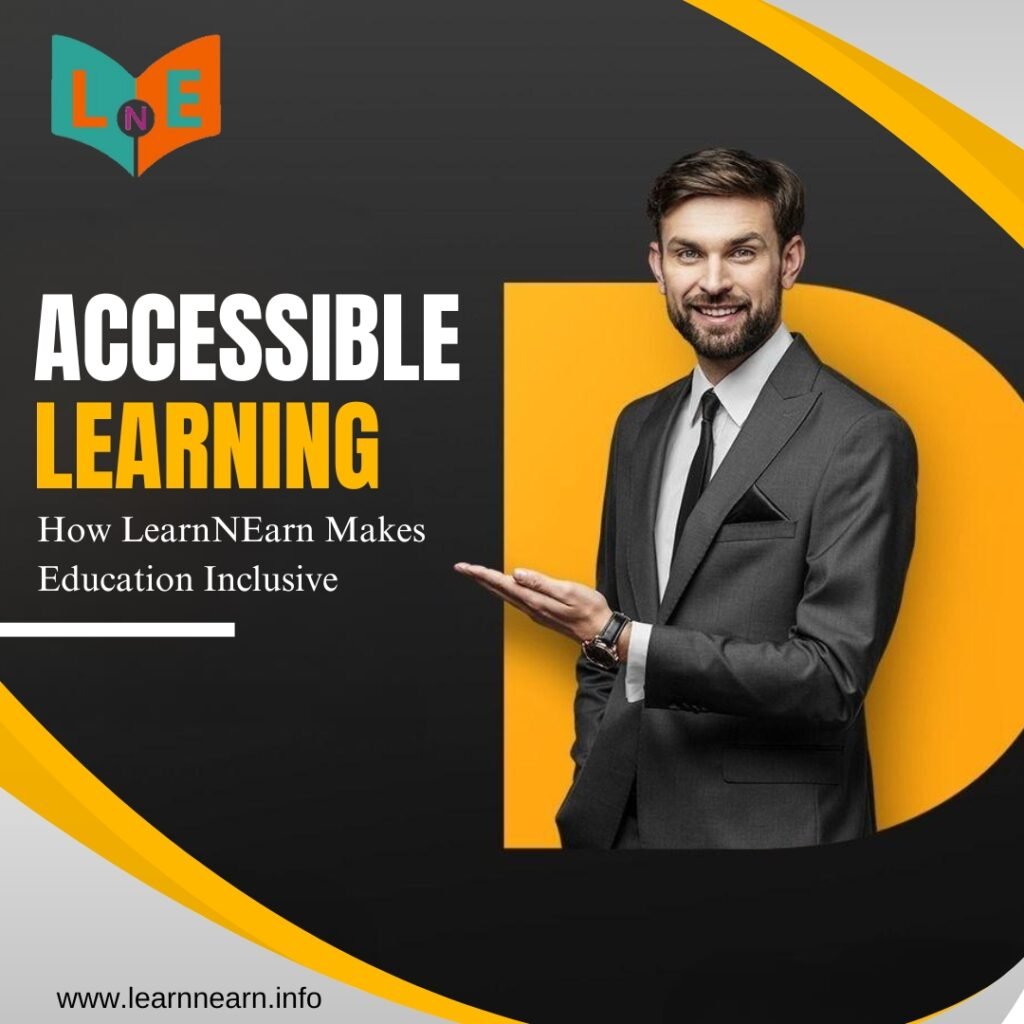- +91 1234567890
- © Powered 2024 by 360 Digital Idea
- info@learnnearn.info

Education and Training
Why is it essential for professionals in Education and Training to possess skills in Basic Computer Courses, Spoken English, and Personality Development?
Professionals in Education and Training require a diverse skill set to engage with learners effectively, facilitate learning experiences, and navigate the complexities of educational environments. Here's why each of these skills is crucial:
Basic Computer Courses:
In today's digital age, technology plays a pivotal role in education. Proficiency in Basic Computer Courses enables educators to leverage educational tools, learning management systems, and multimedia resources to enhance teaching and learning experiences. From creating engaging presentations to managing online assessments, computer literacy empowers educators to adapt to evolving pedagogical practices and cater to diverse learning styles. Moreover, familiarity with computer applications streamlines administrative tasks, such as grading, attendance tracking, and curriculum development, allowing educators to allocate more time to instructional activities and student support.


Spoken English:
Effective communication is the cornerstone of successful teaching and learning interactions. In multicultural and multilingual educational settings, proficiency in Spoken English facilitates clear instruction delivery, meaningful classroom discussions, and constructive feedback exchanges. It enables educators to articulate complex concepts, facilitate collaborative learning experiences, and establish rapport with students from diverse linguistic backgrounds. Additionally, strong communication skills enhance professional networking, collaboration with colleagues, and engagement with parents and stakeholders, fostering a supportive learning environment conducive to academic achievement and holistic development.
Personality Development Skills:
Education is not merely about imparting knowledge but also nurturing holistic development in learners. Personality Development Skills encompass a range of attributes, including empathy, adaptability, resilience, and emotional intelligence, which are essential for fostering positive teacher-student relationships, managing classroom dynamics, and addressing the socio-emotional needs of learners. Educators with well-developed personality traits can inspire, motivate, and mentor students, instilling confidence, self-esteem, and lifelong learning skills. Furthermore, personality development enhances professional conduct, ethical decision-making, and leadership capabilities, enabling educators to serve as role models and catalysts for positive change in educational communities. In conclusion, the integration of Basic Computer Courses, Spoken English, and Personality Development Skills empowers educators to create inclusive, engaging, and impactful learning environments, equipping learners with the knowledge, skills, and attitudes needed to thrive in a rapidly evolving global society.

- Get latest courses updates by signing up
- Spoken English
- Personality Development Skills
- Basic Computer Course
The platform LearnNEarn is created by us after considering the Interview panics and problems faced by the people of India.
© Copyright 2024 by
LearnNearn
© Powered 2024 by 360 Digital Idea.